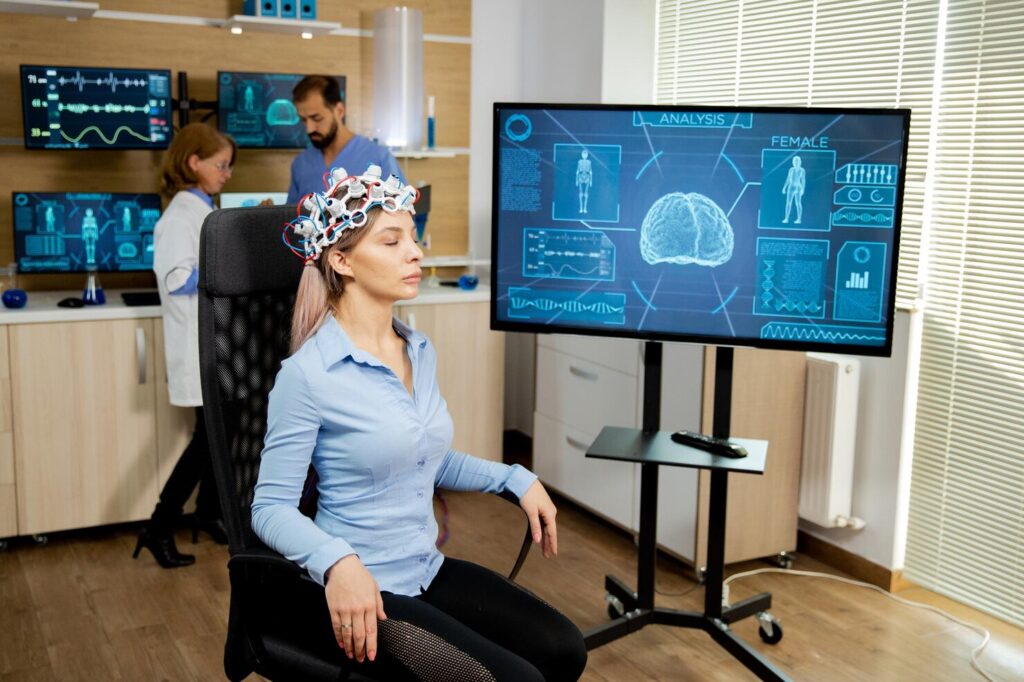Erectile Dysfunction (ED) is a medical condition that affects a significant number of men worldwide. While it is often associated with aging, ED can strike at any age, leading to anxiety, relationship strain, and a loss of self-esteem. One of the primary questions surrounding ED is whether it is primarily a physical issue, a psychological one, or a combination of both. In this blog, we will delve into the intricacies of ED, exploring the physical and psychological factors that contribute to its occurrence and seeking expert insights into its diagnosis and treatment.
Understanding ED: A Complex Issue
Erectile dysfunction is defined as the consistent inability to achieve or maintain an erection sufficient for satisfactory sexual performance. It’s essential to recognize that ED is a multifaceted condition influenced by various physical, psychological, and lifestyle factors.
Physical Factors
Vascular Problems: ED can be caused by vascular issues that impede blood flow to the penis. Conditions such as atherosclerosis, high blood pressure, and diabetes can damage blood vessels, hindering the blood supply necessary for an erection.
Neurological Conditions: Nervous system disorders, including multiple sclerosis and Parkinson’s disease, can affect the transmission of signals from the brain to the penis, leading to ED.
Hormonal Imbalances: Low testosterone levels are a common cause of ED. Hormonal imbalances can reduce libido and disrupt the physiological processes required for an erection.
Psychological Factors
Performance Anxiety: Anxiety about sexual performance can create a cycle of ED, where the fear of failure perpetuates the condition.
Stress and Depression: Mental health issues, such as stress and depression, can lead to reduced libido and difficulty maintaining an erection.
Relationship Problems: Troubled relationships, unresolved conflicts, or emotional distance between partners can contribute to ED.
Expert Insights
To gain a more comprehensive understanding of ED, we turned to experts in the field:
Dr. Jennifer Smith, Urologist: “ED is often a combination of physical and psychological factors. It’s important to perform a thorough evaluation, which may include blood tests, a physical examination, and discussions about a patient’s mental and emotional well-being.”
Dr. Lisa Bennett, Psychologist: “Addressing the psychological aspect of ED is crucial. Cognitive-behavioral therapy and counseling can help men manage performance anxiety, stress, and relationship issues that may be contributing to their condition.”
Diagnosis and Treatment
Diagnosing the root cause of ED is a crucial first step in treatment. Experts recommend a comprehensive evaluation that considers both physical and psychological factors. This evaluation may involve blood tests, imaging, and discussions about lifestyle, mental health, and relationship dynamics.
Treatment options for ED vary based on the underlying causes:
Lifestyle Changes: Adopting a healthy lifestyle that includes regular exercise, a balanced diet, and stress management can improve both physical and psychological factors contributing to ED.
Medications: Prescription medications like Viagra, Cialis, and Levitra can enhance blood flow to the penis and assist in achieving and maintaining an erection.
Hormone Replacement Therapy: If low testosterone levels are identified as a cause, hormone replacement therapy can be considered.
Psychotherapy: Counseling, sex therapy, and cognitive-behavioral therapy can help individuals address psychological factors contributing to ED.
Surgery or Prosthetic Implants: In severe cases where other treatments are ineffective, surgical procedures or penile implants may be recommended.
Conclusion
Erectile Dysfunction is a complex condition with multiple potential causes, often involving a combination of physical and psychological factors. Seeking expert medical advice and a thorough evaluation is essential to determine the underlying causes and develop an effective treatment plan. By decoding ED and addressing its various components, individuals can regain their sexual health and overall well-being, leading to a more fulfilling and satisfying life. Remember, you are not alone, and help is available.

